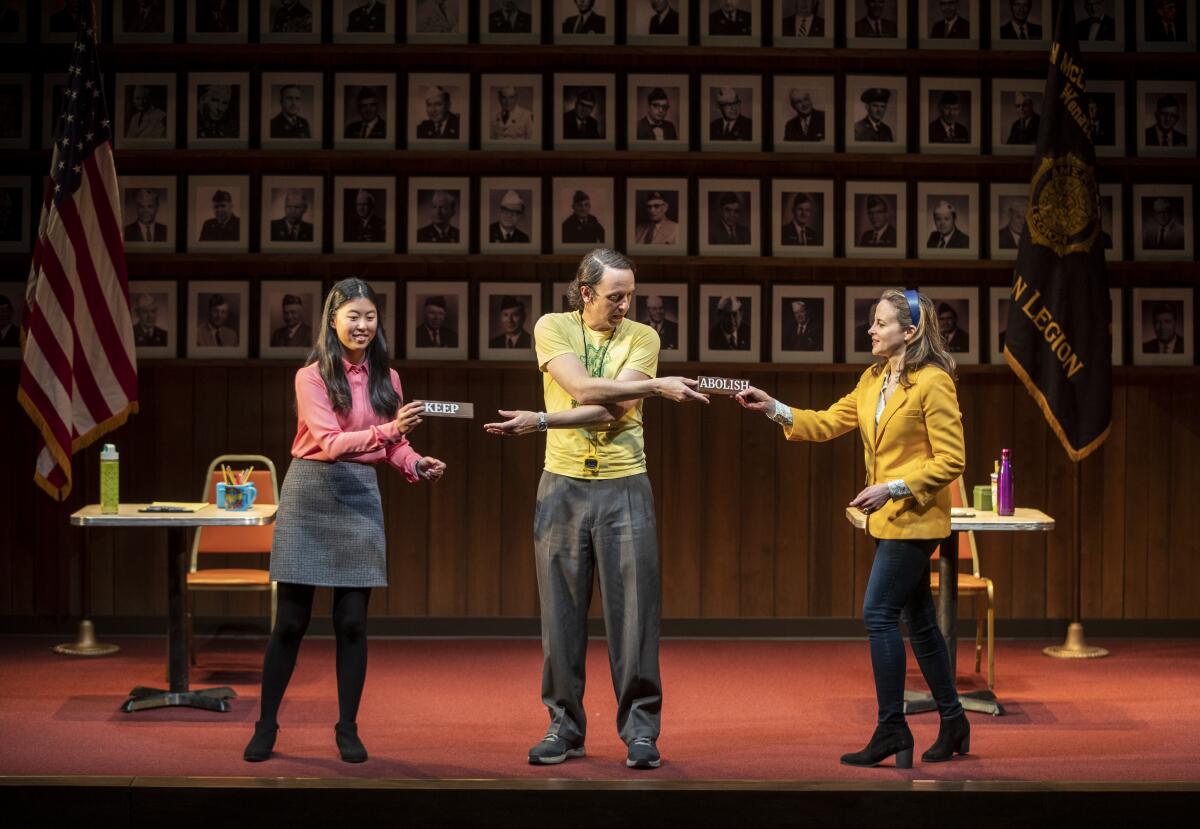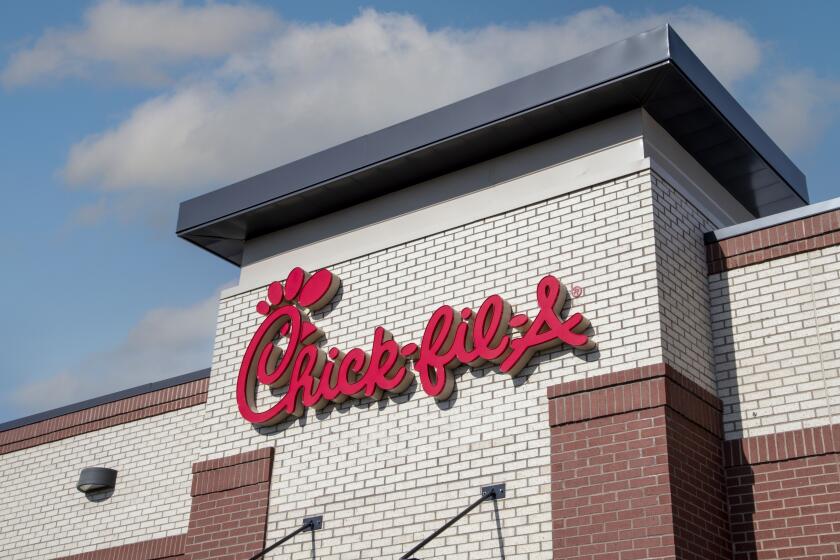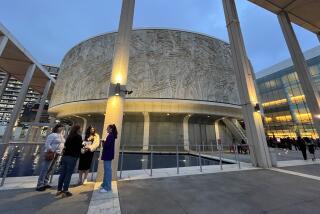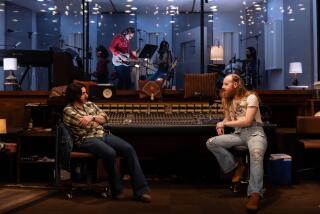Column: It’s not just Mark Taper Forum. Since the pandemic, this nation is coming unglued

- Share via
Reports that L.A.’s Center Theatre Group was suspending production at the Mark Taper Forum because of low revenue were shocking but not unprecedented. Many of the country’s most prominent regional theaters have struggled since the days of quarantine.
The good news is Broadway attendance is up 45% from a year ago and ticket sales are back to pre-pandemic level.
The bad news is not everyone makes it to Broadway. That goes for talent and audience members alike.
Opinion Columnist
LZ Granderson
LZ Granderson writes about culture, politics, sports and navigating life in America.
“Since we reopened after the pandemic, there have been large operating gaps — and we all understand why that is,” said Meghan Pressman, Center Theatre Group’s managing director and chief executive. “The pieces haven’t fit back together cohesively yet.”
Some of the canceled Taper Forum productions were penned by underrepresented voices about to make world premieres. The hope, of course, is not only that those productions make it to stage but also that there will be audiences to see them. Not just for the sake of the Mark Taper Forum, but for the sake of something much larger: democracy.
The reason there is always some drama coming out of Washington is that the creators of democracy were a bunch of drama queens.
It’s funny yet true.
The Greeks are credited with the creation of not only democracy some 2,500 years ago, but theater as well. The two concepts worked in conjunction as thousands of amphitheater productions reflected themes from a representative government. Some scripts mocked the rich and powerful, reiterating a hallmark of democracy: No one is above the law.
The former president pleaded not guilty to federal charges in Florida. It’s the latest episode of a half-century of legal trouble and journalistic malfeasance.
Theater brought the rich, the poor and the enslaved together. And the theater was used to help keep the coalition of city-states that made up ancient Greece from tearing one another apart for two centuries.
Not only were the principles of democracy emphasized in theater through the words of the actors, but also by what was required of attendees: cooperation.
When we gather in public spaces such as movie theaters, concert venues and parade routes, we are exercising social skills and strengthening the connective tissue that holds a society together. Shared lived experiences are like an adhesive. And sadly we may be learning some harsh lessons about what happens to a society when its people don’t gather as much.
The PR fiascoes of the Dodgers, Target and Bud Light have all shown there’s no neutral position in today’s culture wars.
Not only are regional theaters struggling, but movie theaters as well. Last year Regal Cinemas’ parent company filed for bankruptcy and this year announced 40 locations would close because of disuse. Concert attendance at large venues is back, but smaller sites continue to struggle since the pandemic. For example, owner Christine Karayan said last June that L.A.’s Troubadour was only 50% to 60% recovered from the pandemic.
It’s not just about secular gatherings. Church attendance is down since 2020 as well.
Separately, these examples are each just one aspect of our culture losing out to the convenience provided by home theater technology. The numbers probably also show people suffering from a COVID-19 hangover. But collectively, they represent fewer and fewer opportunities for strangers to interact. The result is atrophied social skills and erosion of connections that bridged divides.
The larger our nation becomes, it seems, the more segregated we are living, in new ways as well as old.
“The country is more divided certainly along partisan lines than we have seen it,” Carroll Doherty of Pew Research Center told PBS this year. “There have been divisions in the past along other lines, but this is a moment where the divisions are deeper than ever and the intensity of dislike for the other side is probably deeper than ever as well.”
One study from UC Berkeley found that of the 113 largest cities in the U.S., only two (Colorado Springs, Colo., and Port St. Lucie, Fla.) qualified as racially “integrated” by the researchers’ definitions.
Hard not seeing that sort of division reflected in other parts of life.
I don’t know if the ancient Greeks created theater to support democracy. But I do know the Greeks used theater to show what democracy could and should be — both on and off the stage. That doesn’t mean everyone needs to run out and see a show. But everyone should be crossing paths somehow with people who are different from them. We’re never going to become a more perfect union as long as we keep finding ways to stay away from one another.
More to Read
A cure for the common opinion
Get thought-provoking perspectives with our weekly newsletter.
You may occasionally receive promotional content from the Los Angeles Times.














